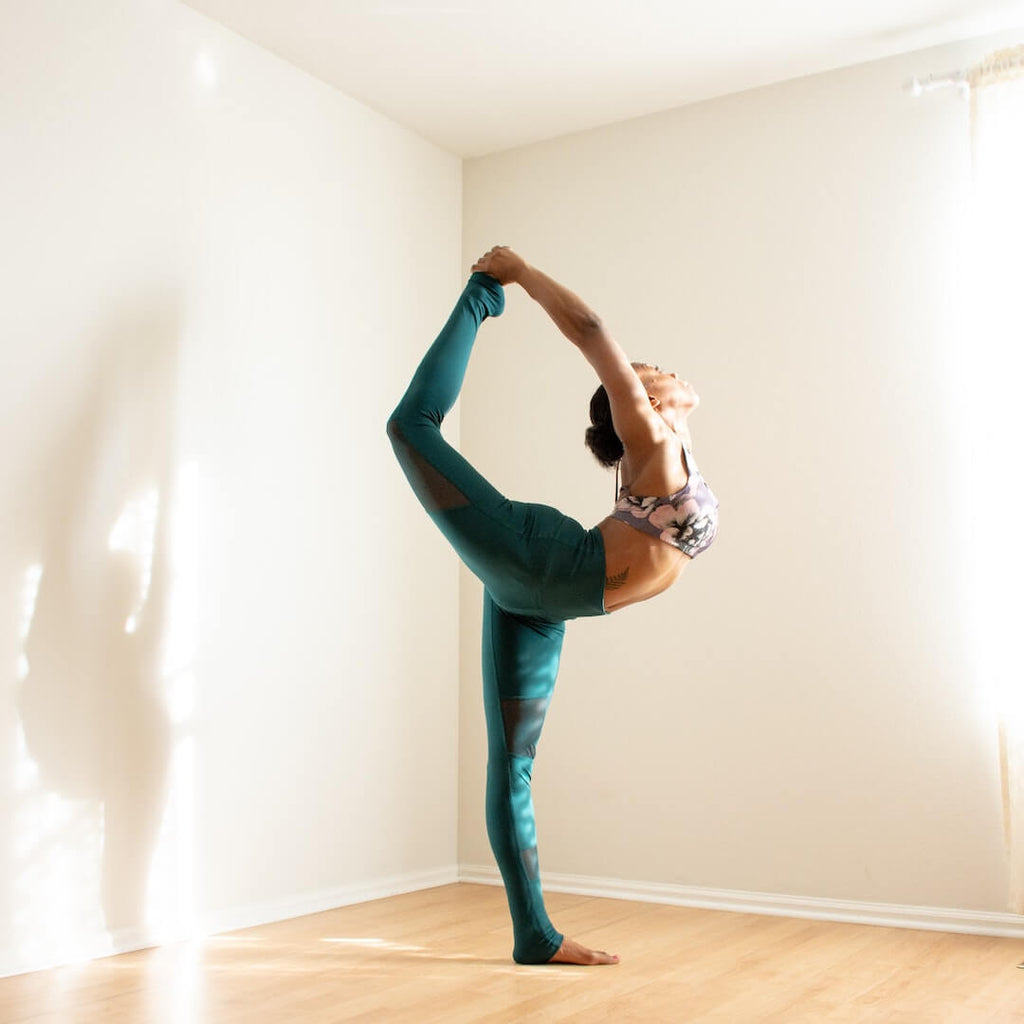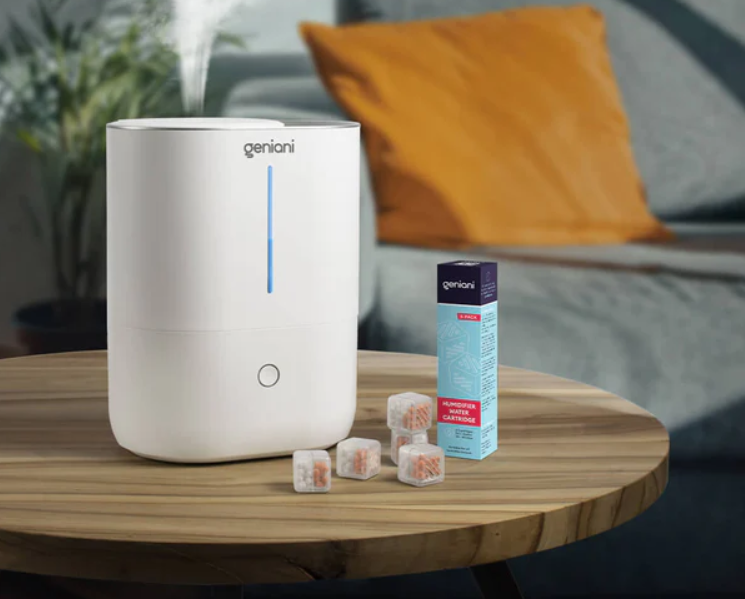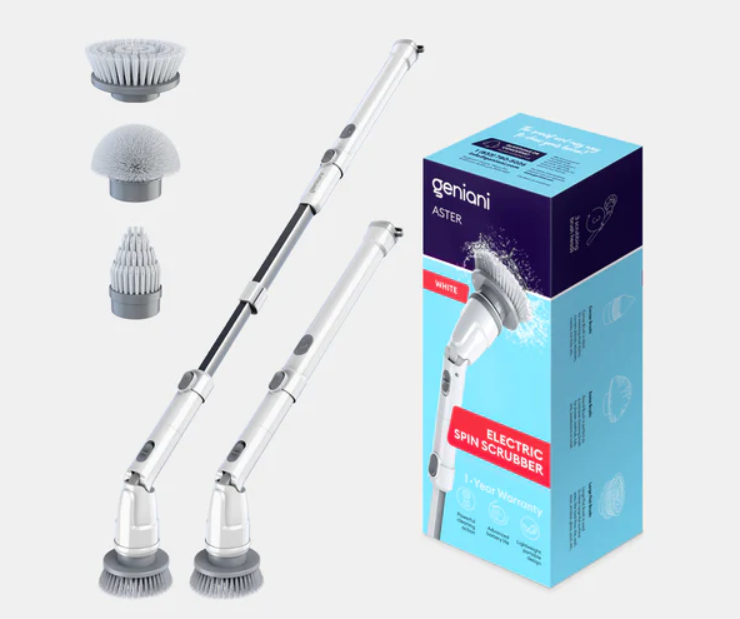“Stay well” has become the default sign off in the age of coronavirus. Besides, it is really important to also say “stay sane”. Since April is National Stress-Awareness Month, we thought the best way to celebrate it would be by reducing stress in our own lives. But why is stress so dangerous? How can it impact our health?
6 facts about the stress that you need to know
Stress is a term you definitely know. You may also know exactly what stress feels like. However, what does stress exactly mean? Learn more facts about stress, as well as some of the possible contributing factors. Knowing the signs and causes of stress can help you treat it.
Stress is a hormonal response from the body
The part of your brain called the hypothalamus is the start of this response. Everything starts there. When you’re stressed, it sends signals throughout your nervous system and to your kidneys. In turn, your kidneys release stress hormones such as adrenaline and cortisol.
Women appear more prone to stress than men

Did you know that women are more likely to experience more physical signs of stress? But, this doesn’t mean that men don’t experience stress. On the other hand, men are more likely to try to escape from stress and may not even exhibit any signs.
Stress can overburden your mind with incessant worries
Your mind may be full of thoughts about the future or a daily to-do list. It can be really exhausting. Plus, these thoughts attack your mind all at once. It’s difficult to escape them. Your fingers may shake, the body might feel off-balance. Sometimes dizziness can occur. These symptoms happen because of hormones.
Long-term stress can increase your risk of mental health disabilities
The National Institute of Mental Health reported that anxiety and depression are the most common mental health diseases. Plus, when you are under stress, sleep may be hard to come by. Chronic headaches are an effect of stress too. The headaches can start every time you encounter stress. Or, if you suffer from long-term stress, they may last for a long time.
Frequent stress weakens your immune system
It is easier to catch a cold or flu when you are stressed. Even when it isn’t the season for these illnesses. If stress is getting in the way of your health and happiness, talk to your doctor about ways you can better manage it.
It can be difficult to breathe
Shortness of breath can be a symptom of stress. Unfortunately, it can turn into anxiety. The shortness of breath can appear in stressful situations. The breathing issues happen because of tightness in your breathing muscles. When muscles get tired, your shortness of breath may worsen. This may lead to serious health issues and a panic attack.
35 tips on how to relax your mind and body
As situations are changing too fast for us to keep up, and all we can do is try to muddle through, Geniani is offering help. We have put together anxiety-busting tips, whether you have one minute to spare or too much time on your hands like a self-isolation fortnight.
Take a deep breath
This is one of the easiest and most beneficial ways to de-stress anywhere from home to work. This deep breathing technique increases oxygen throughout the body. It can be done in two simple steps.
First: breathe in slowly through your nose. Then, fill up your lungs completely.
Second: slowly breathe out through your mouth. Repeat this process 5-10 times.
Your stress will disappear.
Take a walk
Even a short walk can be a way to reduce stress and boost your mood. Your brain will release endorphins which help you to get rid of anxiety, increase energy levels and improve your mood. Just 15 minutes is all it takes. So the next time you feel anxious and stressed, just go outside and take a short walk. Even in your backyard! It doesn’t matter where you walk. Just breathe the fresh air to boost your endorphins.
Meditate
Meditation is key to self-development and stress-free life. Now, it is easier to meditate at home with apps like Headspace and Inscape to create your own time to practice mindfulness.
Make a checklist and action plan
A plan will help you stay in control. Take a breath and make a checklist. Checklists are ideal to motivate yourself, and practice prioritization – top traits found in every unicorn!
Stretch
Similar to walking, stretching will loosen up the body, increase blood flow, boost your mood and help you to keep your body in shape. This is a great option to get rid of stress. You become happier, more flexible and stronger.
Talk with a friend
When you are under pressure, friends can offer new insight on how to reduce stress or give you the right advice. Plus, researchers have also found that having conversations with friends can release oxytocin. It is a hormone that decreases stress and helps form bonds between individuals.
Get inspired
Sometimes, all you need is a healthy dose of motivation. TED Talks are a great way to motivate yourself and give you the next step to develop new skills. It works just like talking with a friend or co-worker.
Use essential oils

One of the most popular tools for coping with stress is using essential oils. They are even more useful than plants. They are often used to alleviate headaches, anxiety, depression or muscle pain. For best results, rub a few drops of oil in your hands, cup them over your nose and take a few deep breaths.
Our top 10 essential oils that can help you relax and boost your mood:
- Lavender – will calm you down and help with sleeplessness
- Jasmine – is beneficial for treating depression
- Bergamot – relieves anxiety
- Citrus – will help increase alertness
- Neroli – reduces stress and helps alleviate anxiety and depression
- Sweet Orange – very calming, clears the mind
- Peppermint/Spearmint – both are mental stimulants
- Rosemary – reduces fatigue
- Vetiver – alleviates stress and depression
- Ylang Ylang – very calming, and also an aphrodisiac.
Interact with an animal

Furry friends are the best stress reducers. There is major research proving that interaction with animals stimulates the release of oxytocin in the brain. As a result, it reduces anxiety and improves mood. If you do not have a pet, maybe it’s the right time to get a puppy or a kitten? Just imagine how happy you will become 🙂 And you will be providing your furry friend with a new family!
Listen to music

Take a reading break
Most of us may think that reading books is a dying habit because of the age of social media. But it is not true. There are a lot of benefits that are still alive and well. Research has found that reading for only six minutes can decrease muscle tension and heart rate.
Take a power nap
When in doubt, sleep it out. A ten-minute nap is a key to stress-free days. It helps stabilize emotions, increases energy and restores brain functionality. If your workplace hasn’t already installed a nap room, head to your car or the break room.
Drink tea instead of coffee

Begin skipping a cup of coffee and make tea instead. Everyone knows that coffee has a big amount of caffeine if compared with tea. It may lead to more anxiety if you’re already stressed. On the other hand, tea provides a more manageable dose of energy as well as reduces inflammation.
Treat yourself
Go out for some sweets or your favorite snacks, buy a new bag, and do something you love most. Treating yourself is just a reminder that life is good and that you deserve to have a good time. Your stress will disappear extremely quickly if you just relax 🙂
Scents make sense
Try out aromatherapy. The power of good smells can have a positive and powerful influence on your mood. Pleasing aromas have been known to stimulate the olfactory nerves inside the nose which, in turn, activates the limbic system of the brain – the system associated with moods as well as memory function.
Eat mood-boosting foods

Your diet is linked to your mood and stress levels, too! Eating healthfully is the best thing for your body and mind. But junk food can make everything better when you are stressed. Eating these foods releases small amounts of serotonin. Therefore, there is actually a scientific reason why chocolate ice cream cheers you up when you’re stressed!
Be spontaneous
Take an alternate route to work. Change your morning routine, or find a new way to get to your favorite store, work, etc. We’re so entrenched in routine, but a bit of spontaneity once in a while is good for you.
Show your love
There’s a reason why being around people you love makes you feel so good. Having a strong social network reduces anxiety and stress – and even better than that is having a loving, stable relationship. So, whether it’s a loving hug or a tender kiss, showing your partner a little bit of your love is good for both of you when it comes to reducing stress.
Get enough sleep
One can never overestimate the importance of sleep in regulating mood and stress response. The typical adult needs eight or more hours of sleep every night. Sleep affects not only our mood but also our immune system, and overall well-being. Therefore, good sleep is essential for everyone!
Visualize
This is a nice technique that tricks the brain and subsequently calms you down. Imagine yourself at your favorite spot– on the beach? The more vividly you imagine the scene, the better. It helps you not only reduce stress but also make a plan for your future life. It will show you all the possibilities to achieve goals and makes your life even better.
Stay positive
Laughter has been found to lower levels of stress hormones. It helps to reduce inflammation in the arteries and increase “good” cholesterol. Spend time laughing with friends and family. Let yourself have a good time and get your mind off the busyness of the real world.
Get a massage
Getting a massage is a great way to free yourself from tension and relax. If you add aromatherapy it will be much better. 15-minute aromatherapy massages while listening to music is a good way to reduce stress. If you don’t have a lot of spare time, you can get aromatherapy oils and massage tools to use at home.
Have a hot bath
A warm or even hot bath with bubbles relaxes muscles. A long soak in the bathtub helps soothe the mind, and ease muscle tension. Use your bath salts and soaps, get a bath pillow and decorate the room with candles. You can even create an in-home spa, by incorporating spa treatments like facials.
Write in a journal

Or blog, if that’s your style. In any case, it’s a brilliant way to get back to the basics and practice some introspection. Spend time on a really comfortable chair or daybed, with dim lights, or candles nearby— whatever it is that you enjoy and find relaxing. The idea is to clear your mind of distractions and stressors.
No social media
Constant connection to social media can spread you thin. It’s simple: challenge yourself to stay away from anything that sends you notifications. The less connected we are to the vast social world on the net, the more connected we are to ourselves.
Clean
De-cluttering your physical environment actually works in de-cluttering your mind. Do the laundry, shine your shoes, organize your closet. It will help you to calm down and relax, forget about your problem or even get an answer.
Read
Imagine rainy days, a cozy nook, and an interesting book. Sound calming? That’s because it is. Reading books can calm you down and distract you from the stress.
Dance
Do it like nobody’s watching. Do you think it’s silly? Who cares? 🙂 Dancing will make you feel good, we promise. Plus, it will reduce muscle tension, and you can move along with your favorite beats.
Focus on now
In truth, however, there is only now. Focusing on this perfect moment, right now, provides a magical escape from the disappointment of what once was and the fear of what might be, and leaves stress out of the picture.
Exercise daily

Exercise helps to boost endorphins and reduce stress. Many research studies show that even 20 minutes each day is all you need to experience benefits. But trust us, this is gold. Exercise triggers the brain to release feel-good hormones called endorphins, which will make you feel good. Yeah, it really is that simple.
Help someone else
Sometimes the best way to deal with stress is by providing relief to someone else. Putting your focus on others takes the focus off your own challenges leading to less rumination and stress. So look around you, see who needs a hand up, and then offer yours.
Talk to yourself
It really works. The best is positive self-talk, a powerful happiness-booster. You can even talk to yourself about your day, about your life, or about your feelings. This can allow you to become aware of (and then release) any negative feelings that you didn’t know you had before.
Watch a movie
Popcorn and a movie is a simple, easy way to indulge and relax. You can even eat chocolate! It’s true! Studies show that dark chocolate can actually reduce your stress levels.
Learn something new
Challenge yourself. Do you want to learn a new language? Or try a new recipe? Yoga? Here’s your chance to have a blast, relax, and add a new skill-set to your credentials.
Remember you’re human
You should understand that everybody makes mistakes. Everything starts with awareness. Let go of any perfectionist tendencies that may be dragging you down. Instead, let go of any unrealistic standards that you set for yourself and fail to reach. Relax, remember you’re human, and go enjoy what life has to offer.
Quick tips on how to destress
It’s important to learn how to manage your stress healthily. If you’re feeling stressed out or you’re struggling to make stress management techniques work for you, consider professional help. These quick but really useful tips will help you to reduce stress and develop positive thinking. Stop ignoring your dreams, desires, and goals. Be happy and healthy without stress and worries. You deserve this!







